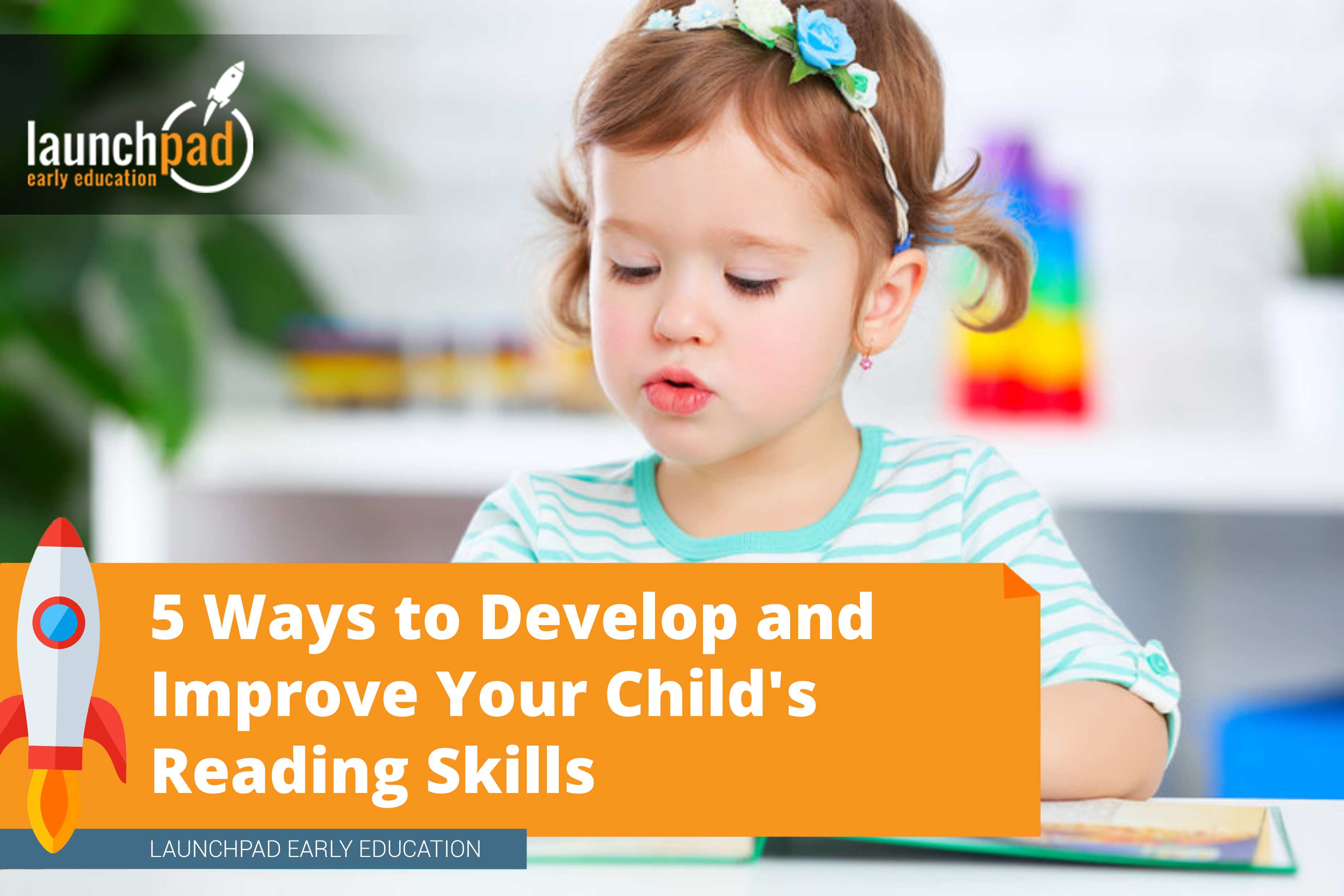Children of today are growing up in a time that often brings instant gratification at their fingertips. They have access to the internet, gaming consoles, mobile phones, and other devices that keep them occupied and entertained. While these technological advances have numerous benefits, too much time spent on electronic devices can also cause problems for children in terms of behavior, study habits, and focusing on school work. This is where the importance of self-regulation comes in.
“Self-regulation” is an essential component of one’s overall emotional intelligence. It pertains to how well we are able to manage and control our own thoughts and behavior. The ability to self-regulate develops gradually throughout childhood, peaks in adolescence, and often continues to evolve throughout adulthood. Children who have developed strong self-regulation skills are more equipped to cope with life’s difficulties. They are also more likely to show empathy towards others, solve problems effectively, and make better decisions.
On the other hand, kids who have not mastered self-regulation may have challenges interacting appropriately or positively with their peers. They also are often unable to sit still or pay attention during class for extended periods of time, and are easily distracted by their surroundings. When people have trouble effectively managing their own actions, feelings and attention they are more likely to run into social difficulties and conflict throughout their lives.
As a parent, you play an important role in helping your child develop self-regulation skills. Here are some guidelines to help you.
Set a good example with your own actions and reactions
As an adult, if you allow your anger to get the best of you in a challenging situation, how can you expect your little one to practice self-control when it comes to emotions? Children tend to observe and imitate their parents’ behaviors. If they see us throw a fit over spilled milk, we can most likely expect them to react in a similar fashion when something goes wrong for them.
It’s essential that you model positive behavior when dealing with stress and challenging situations in your own life. This is often easier said than done, but the way in which you react when the going gets tough will set the tone for what your child will observe and emulate. If you model how to relax and calm yourself down, you will set a good example that will help your child develop self-control.
Cultivate a loving and positive relationship with your child
When it comes to helping children develop self-regulation skills, the nature of your relationship also plays a critical role. Just like adults, kids need to feel that they are respected, supported, and cared for by their parents.
In order to ensure a nurturing relationship with children, parents can show their kids how valued they are through your interactions. When children know they are seen and heard, it creates a sense of warmth in the relationship. Don’t ever ignore your child’s feelings. Show kids how much you care through acts of affection, like hugs and kisses. Keep the lines of communication open so they will be more comfortable talking to you about their thoughts and feelings.
Help kids practice self-regulating
It’s never too early to help children learn the importance of self-regulation. These skills include learning how to take turns, sharing toys without being told, or controlling the way they react when they feel excited or angry.
For example, when children are faced with a stressful situation, you can teach them how to calm themselves by counting to ten slowly. Have them pause for a brief moment, and breathe deeply. If they feel like crying, let them do so and let their feelings out Before leaving them to their own devices to calm down by themselves, it’s important that we teach children how to identify and express their feelings appropriately, so the situation doesn’t escalate.
Teaching self-regulation skills to children from an early age can help them develop essential life skills, achieve academic success, and create healthy interpersonal relationships. Follow these tips so you can help your child learn about self-regulation, set your little one on the path to future success.
At Launchpad Early Education, our mission is to guide and nurture your child, and strengthen your family through Christ-centered education and support. We help children and families overcome a variety of challenges and prepare for the future as we support the development of their character, work ethic, self-confidence, and academic excellence. Our approach is built on a Christ-centered foundation. Visit our website to learn more.


